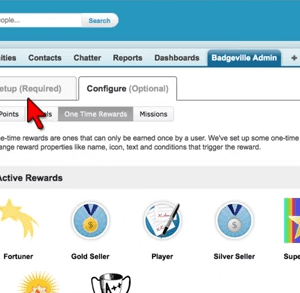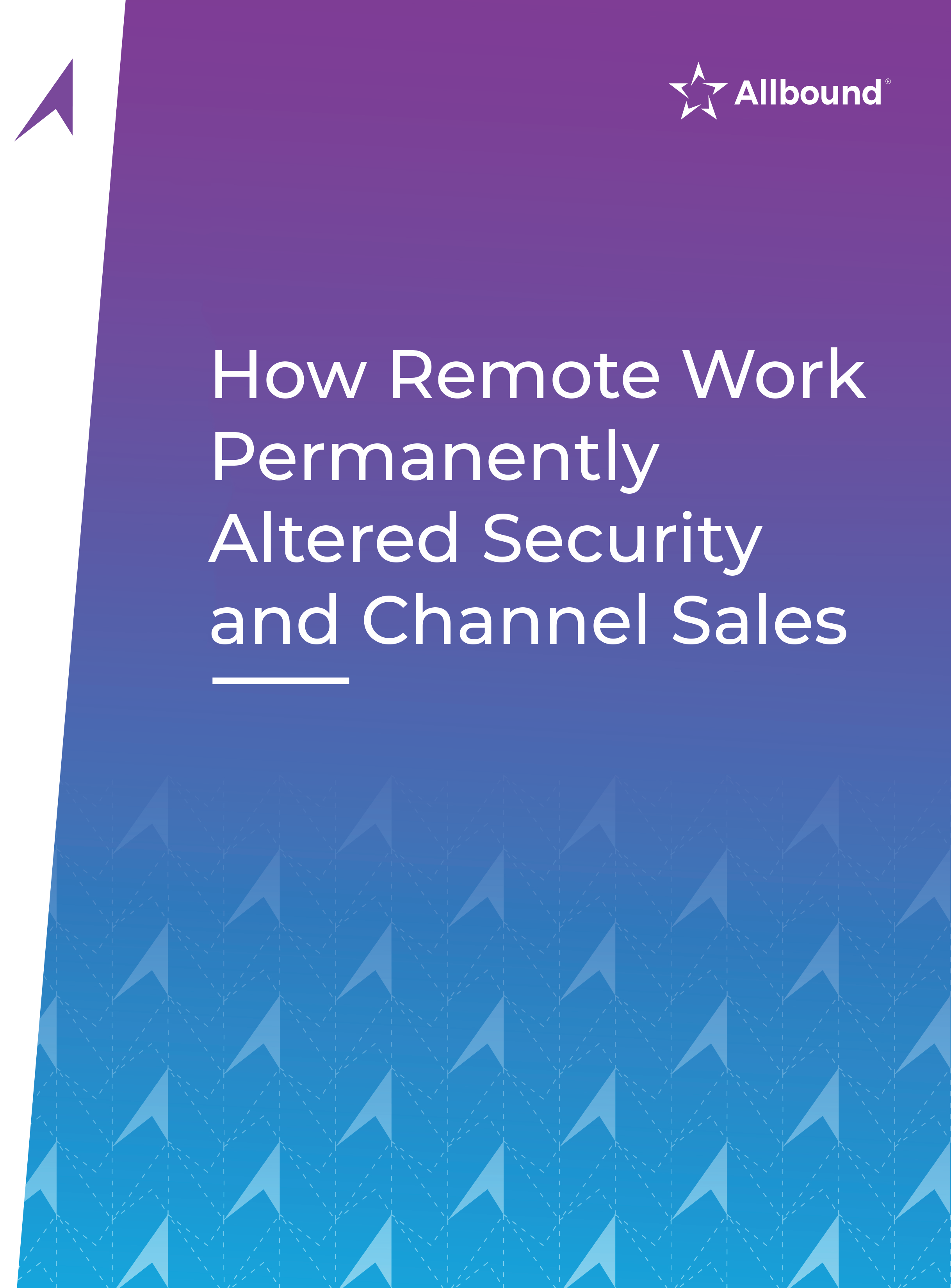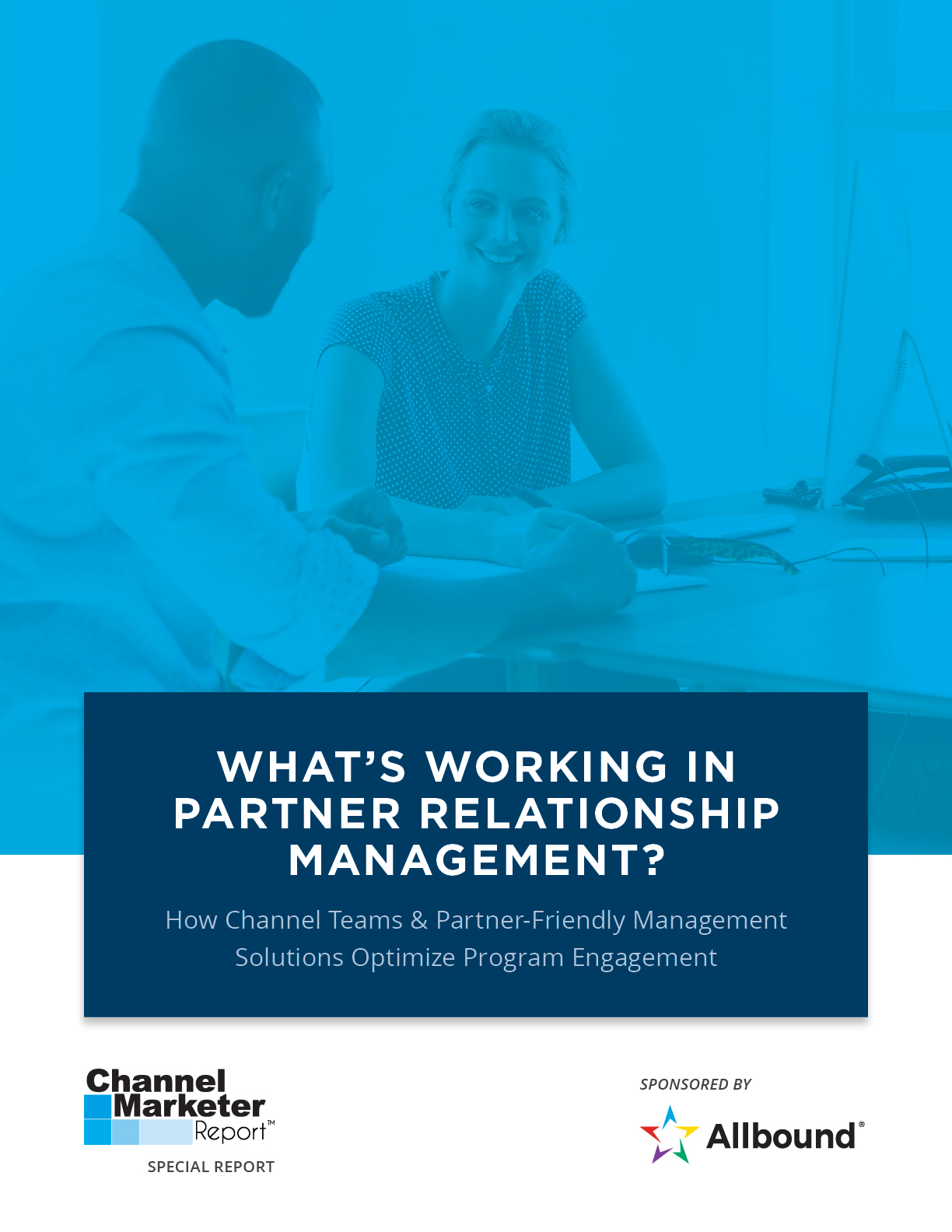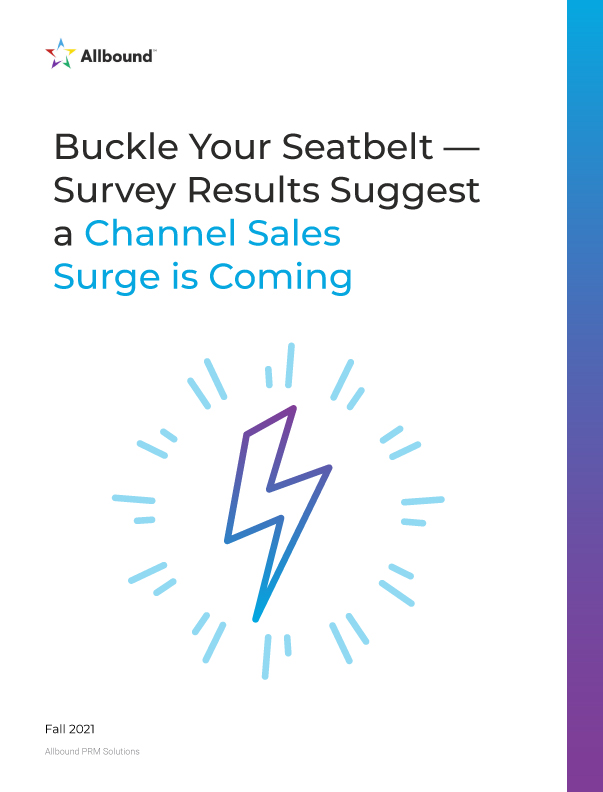Topics
Executing The Perfect Event
 Despite the rise of digital marketing and engagement tactics, events still play a pivotal role in the channel ecosystem. After all, there is still tremendous value in face-to-face conversations with partners and prospects.
Despite the rise of digital marketing and engagement tactics, events still play a pivotal role in the channel ecosystem. After all, there is still tremendous value in face-to-face conversations with partners and prospects.
“In-person events are still where it’s at because there’s nothing that replaces the face- to-face meeting and the warm handshake,” said Peter Thomas, President of Averetek. “People are more connected [digitally] but they are definitely more isolated now. Partners and suppliers want to see each other on a more personal basis. They’re figuring out that one-to-one selling is making a comeback.”
But executives are becoming more strapped for time, juggling their daily to-do lists while visiting partners, clients and attending trade shows. That is why it is more important than ever that vendors not only create highly relevant and valuable events for partners, but also empower partners to execute events for their current and potential clients.
Maximizing The Partner Event Experience
Partner conferences help vendors share valuable product and marketing insights with their resellers around the world.
Regardless of their size or product focus, resellers can “gain valuable information about aligning their business plans with the vendor’s product strategy so that both businesses are profitable and successful,” said Gary Mullen, VP of Corporate Marketing at Kaspersky Lab North America.
Content is key to making this alignment clear. “It’s crucial that vendors provide content that is both beneficial and entertaining to ensure that partners stay engaged throughout the conference,” Mullen added. “Partners want to hear about what the vendor is doing — their roadmap, marketing, promotion, programs, events and incentives — to ensure success when selling to their prospects.”
While tailoring sessions around high-level goals and industry trends is important, vendors also must understand the unique wants and needs of partners.
For this reason, Kaspersky Lab takes a “Think Globally, Act Locally” approach to events. “This is an important point when planning a partner conference: the overall goal of content creation and delivery should be to match resources to relevance,” Mullen explained. “This may mean that a local specialist is better able to reach the partner than a broadly focused global executive. It all goes back to giving partners what they need.”
Beyond content, other logistical factors need to be considered while planning and executing an event, including:
- Location / venue;
- Food;
- Pre-event marketing;
- Engagement strategies during the event; and
- Post-event engagement and feedback.
According to an infographic from Formstack outlining event planning best practices, 71% of planners share content three to 10 weeks before an event. Content can include everything from marketing emails promoting the show and sessions, as well as social posts touting an event hash tag. After all, tweets that include hash tags can have up to two-times more engagement than those without.
Hash tags can be used during the event, as well. In addition to encouraging social sharing during conferences and summits, Formstack also encouraged event planners to embrace live streaming, check-in apps and digital forms and surveys.
Post-event, event planners can follow up by requesting attendee feedback via email, and sending follow-up messages with complementary content, resources from the show, or other calls to action.
Extending Events To Partners
Summits and events are undoubtedly valuable for suppliers to invite partners worldwide to converge, communicate and share feedback and best practices.
However, suppliers can drive long-term partner loyalty and engagement by encouraging resellers and empowering them to hold events for customers and prospects.
“The reality is, events can be expensive,” Thomas noted. “Vendors don’t want to have to pay to lead partners down the path every time. If vendors can build tools that allow partners to create their own events, register attendees, send reminders, etc., they’re basically removing friction and making the process easy for partners. And if it’s easy, partners will do it because they know events are valuable and they’ll win business.”
Typically, vendors provide funds to the top 10% of partners to hold events, according to Thomas. However, this small fraction of partners is “like a lemon,” he said. “You can only squeeze so much business out of them.”
But the bottom 90% is the “long tail” and “real opportunity,” Thomas explained. “They just need a nudge to do business with the supplier.”
To accelerate relationships with partners, vendors can take a “seminar-in-a-box” approach to events, offering the content and platform resellers need to hold successful events. Content such as a slide deck template, demos, pre-event surveys and post-event surveys are available in a platform so resellers can execute them on their own. Partners also will have access to post-event follow-up emails and nurturing tactics. Finally, the partners need a platform that enables them to promote and have people register for the event online, and also offers analytics so the supplier can see which partners are holding events, where they’re being held and how many people attended.
A turnkey approach to events is paramount because small- and mid-sized partners “are more concerned about putting steaks on the table than holding a professional event,” Thomas explained. “They don’t have the luxury to think of the best way to execute an event. They’re just trying to hunt and close whatever business they have. There can be a staggering level of unprofessionalism if suppliers don’t intervene and say ‘There’s a better way to do this; we’ve done all the hard work for you.’”














